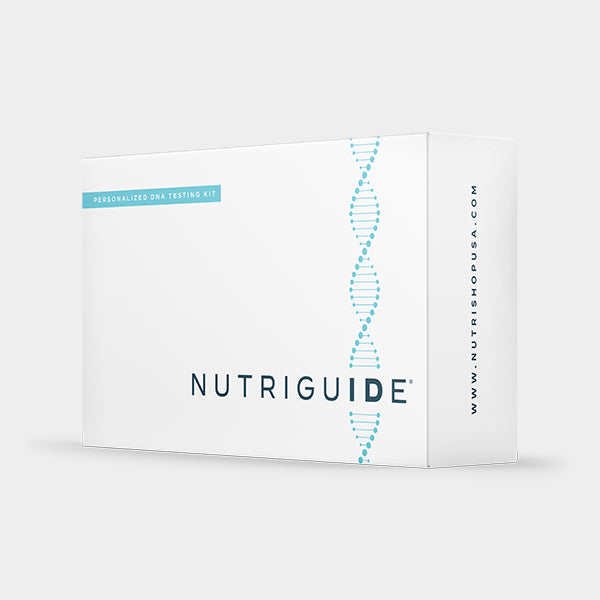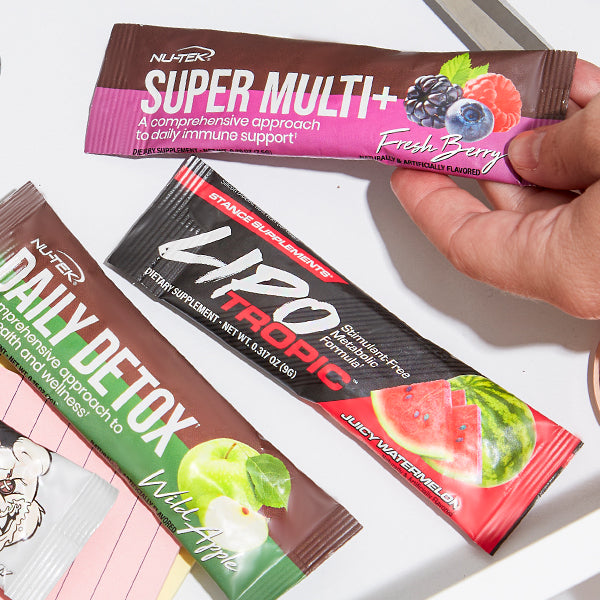If there’s one food that checks a lot of boxes—budget-friendly, nutrient-packed, and versatile—it’s beans. Whether you reach for black beans, chickpeas, kidney beans, or lentils, adding them to your meals can support your health in ways that go far beyond filling you up.
The 2025 Dietary Guidelines Advisory Committee specifically recommended Americans increase their intake of beans, peas, and lentils, highlighting their unique nutritional profile. And research keeps piling up showing why. Let’s break it down.
Why Beans Deserve a Spot on Your Plate
1. They Support Heart Health
A 2023 study found that replacing just one ounce of protein foods (like meat or eggs) with a quarter cup of beans or other pulses lowered cholesterol by over 10% while also boosting fiber intake by 10% (Nutrition, 2023). Lower LDL cholesterol and higher fiber intake are both linked to better cardiovascular outcomes.
2. They’re High in Fiber (and Most of Us Need More)
Only about 5% of Americans get enough fiber daily, according to UCLA Health. Just half a cup of black beans has about 8 grams—roughly a quarter of your daily goal. Fiber helps regulate digestion, supports satiety, and even protects against colon cancer.
3. They Can Help With Weight Management
In a 2024 analysis of data from the National Health and Nutrition Examination Survey (NHANES), adults who ate 1.7–2 servings of beans daily were linked with lower body weight, smaller waist circumference, and a healthier BMI compared to non-bean eaters (Public Health Nutrition, 2024). The combo of protein plus fiber helps keep you fuller for longer, which makes it easier to stick to your nutrition goals.
4. They’re Rich in Key Micronutrients
Beans provide magnesium, potassium, folate, iron, and B vitamins—all of which play roles in energy, muscle recovery, and overall wellbeing. For example, one cup of black beans supplies about 20% of your daily magnesium needs, which supports both muscle and nervous system function.
5. They Feed Your Gut Microbiome
Because beans act as prebiotics, they nourish beneficial gut bacteria. A thriving gut microbiome is linked with better digestion, immune health, and nutrient absorption (American Journal of Clinical Nutrition, 2024).
Easy Ways to Add Beans to Your Diet
 You don’t have to spend hours in the kitchen to start reaping the benefits. Here are a few quick ideas:
You don’t have to spend hours in the kitchen to start reaping the benefits. Here are a few quick ideas:
1. Black Bean & Avocado Toast
- Mash ½ cup canned black beans with a squeeze of lime.
- Spread on whole grain toast.
- Top with avocado slices and a pinch of chili flakes.
2. Five-Minute Chickpea Salad
- Drain and rinse 1 cup canned chickpeas.
- Toss with olive oil, lemon juice, chopped cucumber, and parsley.
- Sprinkle with feta for extra flavor.
3. White Bean Smooth Hummus
- Blend 1 cup canned white beans with garlic, lemon juice, tahini, and a little water.
- Use as a veggie dip or sandwich spread.
4. Quick Lentil Soup (10-Minute Hack)
- Warm 1 cup canned lentils with low-sodium broth, diced tomatoes, and Italian seasoning.
- Simmer for 10 minutes and enjoy with a side salad.
A Few Tips for Getting Started
Go slow. If you’re not used to a lot of fiber, introduce beans gradually to avoid digestive discomfort.
Rinse canned beans. This reduces sodium and some of the compounds that contribute to gas.
Experiment. Swap half the meat in your chili or tacos for beans. Try roasted chickpeas as a crunchy snack. Or stir lentils into pasta sauce for a subtle nutrition boost.
The Bottom Line
Beans aren’t fancy, but they’re one of the simplest, most effective ways to support long-term health. From lowering cholesterol and supporting gut health to helping with weight management, research consistently shows that these small but mighty pulses deserve more attention on your plate.
Next time you’re at the grocery store, grab a few cans—or a bag of dried beans if you want to cook from scratch—and start experimenting. Your heart, gut, and waistline may thank you.





